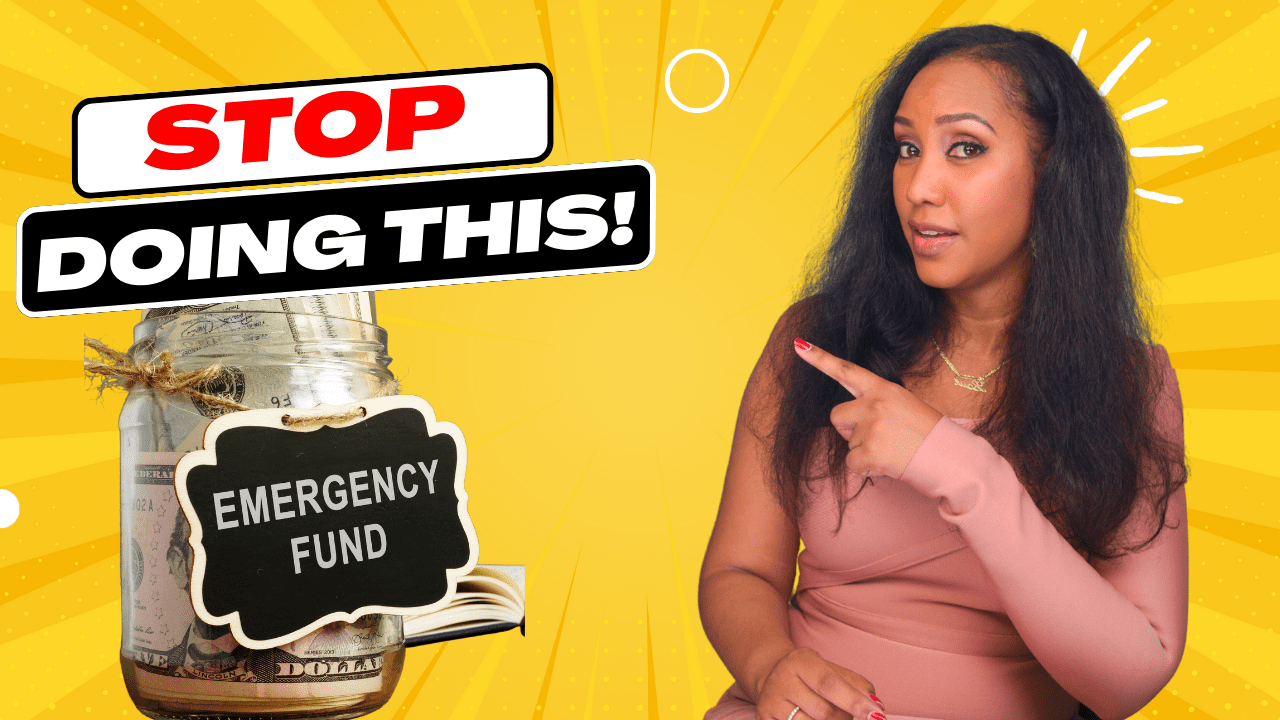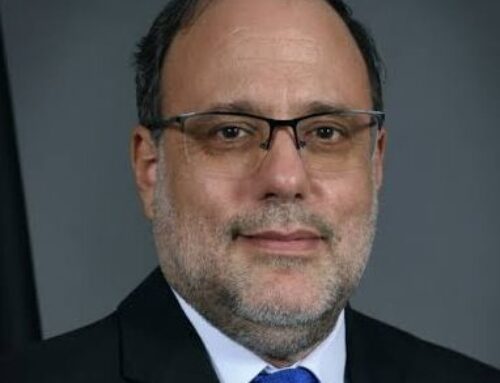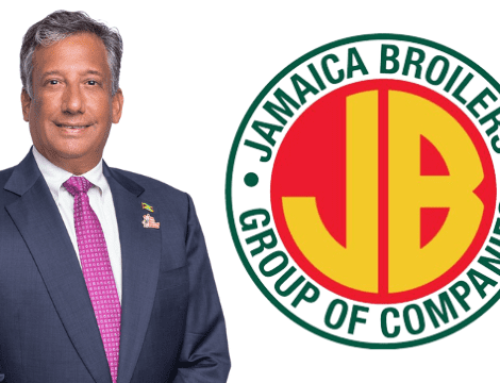
6 Months of Emergency Savings is a WASTE!
Having six to nine months of emergency savings is completely pointless and a waste of good money!
You’ve probably heard financial gurus say that you need to have an emergency fund that can cover six to nine months of your expenses, just in case something happens.
But let me tell you why that’s complete rubbish!
You do not need six to nine months of expenses tucked away in the bank, losing money every day.
First of all, it’s an almost impossible goal if your income is low and you have to spend most of it on day to day expenses. For most people in Jamaica, there’s not much, if anything left after you pay all your bills. So how are you supposed to save up six to nine months worth of expenses? It will take you YEARS to accumulate that much cash.
And even if you do, that pile of cash is losing value every day it stays in the bank. They’re charging you fees to keep it there, and barely paying you any interest, like zero point little bit percent. Plus, inflation is eating it away because the cost of living is going up every day.
But yet, these same gurus will tell you that you shouldn’t start investing until you have this big pile of cash sitting around in your emergency fund. Again, total BS!
You DO NOT need a big pile of cash to cover emergencies. What you DO need is ACCESS to money in case of an emergency. Let me explain.
So why do the gurus advise you to save six to nine months worth of expenses? Well, just in case you lose your job, or can’t work for an extended period, right?
But let’s say that was to happen. Do you need all six to nine months of salary up front? No, you’ll need that over time. Every month, you’ll need just enough to cover that month.
So a better approach would be to have ONE month emergency savings in cash, and the rest invested in low risk, liquid assets that are going to pay you a return.
When I say liquid assets, I’m referring to something that will generate income for you, but that you can also easily sell in case of an emergency. For example, some types of stocks. Most stocks can be sold for cash within less than a week. But note that I also said LOW RISK, because you don’t want to take the chance that an emergency happens and you have to sell at a significant loss. So you want to look for stable, traditional companies, preferably ones that pay consistent dividends. That way, you can look forward to a dividend cheque every few months. And rather than paying the bank to hold your money, the company will PAY YOU for being a shareholder.
AND if something happens and you need quick access to your money, you can always sell your stock fairly quickly for cash.
In the interim, you still have your one months’ emergency savings that you can draw on immediately. And you may also have access to a credit card, which is an interest-free loan for up to a month. Because remember, you don’t pay interest on a credit card as long as you pay by the due date. So if you do have an emergency that can be paid with a credit card, you can put the expense on the card, then pay it off in a couple days when you get the cash from selling your stock.
It’s a much more practical approach than hoarding cash. This strategy can help you make your money grow while still ensuring you’re protected in case of an emergency… and that’s the bottom line!
Ask The Analysts
The Cast David Rose Business Writer, Observer Leovaughni Dillion Investment Research & Sovereign Risk Analyst at JMMB Group
R.A. Williams to list on JSE
The Cast Audley Reid CEO R.A. Williams Distributors Julian Morrison Founder, Wealth Watch JA













Leave A Comment